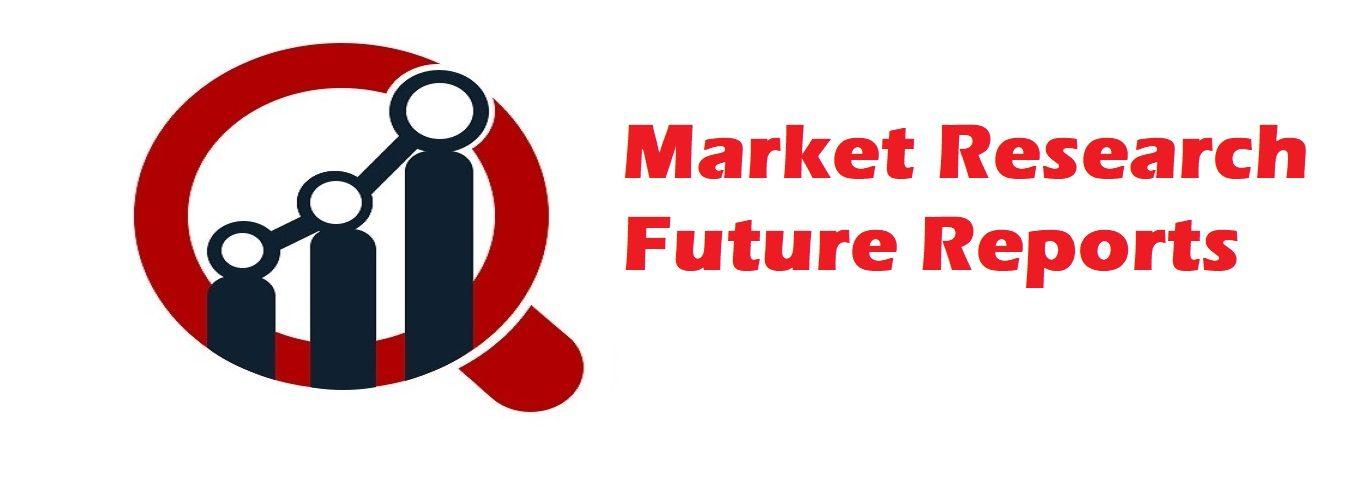Comprehensive Examination of Market Dynamics, Key Players, and Emerging Opportunities in Antibody-Drug Conjugate Therapeutics

The Antibody Drug Conjugate (ADC) market has been witnessing an unprecedented surge in recent years, revolutionizing the landscape of targeted cancer therapy. With the convergence of cutting-edge technology and innovative pharmaceutical research, ADCs have emerged as a promising class of therapeutics, offering new hope for patients battling various forms of cancer. This article delves into the dynamic landscape of the ADC market, highlighting key trends, advancements, and future prospects.
ADCs represent a novel class of biopharmaceuticals designed to selectively target and deliver cytotoxic agents to cancer cells while sparing healthy tissues. At the core of ADC technology lies the concept of conjugating potent anti-cancer drugs with monoclonal antibodies (mAbs), creating highly specific and efficient therapeutic agents. This drug conjugated antibody approach enables precise targeting of cancer cells, resulting in enhanced efficacy and reduced systemic toxicity compared to traditional chemotherapy.
The ADC market has witnessed exponential growth in recent years, driven by several factors. One of the primary drivers is the increasing prevalence of cancer worldwide, necessitating the development of more effective and targeted treatment modalities. Additionally, advancements in biotechnology and antibody engineering have facilitated the design and optimization of ADCs with improved pharmacokinetic properties and enhanced tumor penetration.
Furthermore, collaborations between pharmaceutical companies and research institutions have accelerated the pace of ADC development, leading to a robust pipeline of novel ADC candidates across various cancer indications. The market landscape is characterized by a flurry of strategic partnerships, licensing agreements, and mergers and acquisitions, aimed at harnessing synergies and leveraging complementary expertise to expedite the clinical development and commercialization of ADC therapies.
The advent of next-generation ADC technologies has further propelled market growth, enabling the development of novel payloads, linker chemistries, and site-specific conjugation strategies. These technological innovations have broadened the therapeutic potential of ADCs, enabling precise modulation of drug pharmacokinetics, payload release kinetics, and tumor targeting specificity.
Key players in the ADC market are actively engaged in expanding their product portfolios and advancing clinical development programs to address unmet medical needs and capture untapped market opportunities. From HER2-targeting ADCs for breast cancer to CD22-targeting ADCs for hematological malignancies, the therapeutic scope of ADCs continues to expand across a wide range of cancer types.
Despite the remarkable progress, the ADC market still faces certain challenges, including off-target toxicity, payload stability, and manufacturing complexities. Addressing these challenges requires ongoing research efforts and technological innovations to optimize ADC design, improve safety profiles, and streamline manufacturing processes.
Looking ahead, the ADC market is poised for continued growth and innovation, fueled by a combination of scientific advancements, regulatory support, and increasing investment in oncology drug development. With a growing understanding of tumor biology and immune evasion mechanisms, researchers are poised to unlock new opportunities for targeted cancer therapy, driving the evolution of the ADC landscape.
The Antibody Drug Conjugate market represents a dynamic and rapidly evolving sector within the broader field of oncology therapeutics. With the convergence of advanced technology, innovative research, and strategic collaborations, ADCs are poised to redefine the treatment paradigm for cancer patients, offering the promise of more effective, targeted, and tolerable therapies. As the market continues to expand, stakeholders across the healthcare ecosystem must collaborate to harness the full potential of ADCs and improve patient outcomes in the fight against cancer.
Key Players:
Some of the major Antibody Drug Conjugate Companies are ADC Therapeutics, Takeda Pharmaceutical Company Ltd., GlaxoSmithKline Plc, Hoffmann-La Roche Ltd., and others
Browse Related Reports:
Leigh Syndrome Treatment Market
For More Information, Please Visit @ Market Research Future
- Questions and Answers
- Opinion
- Motivational and Inspiring Story
- Technology
- Live and Let live
- Focus
- Geopolitics
- Military-Arms/Equipment
- Sécurité
- Economy
- Beasts of Nations
- Machine Tools-The “Mother Industry”
- Art
- Causes
- Crafts
- Dance
- Drinks
- Film/Movie
- Fitness
- Food
- Jeux
- Gardening
- Health
- Domicile
- Literature
- Music
- Networking
- Autre
- Party
- Religion
- Shopping
- Sports
- Theater
- Health and Wellness
- News
- Culture

